Gibson Group Research Team
Meet our research team!
Hana Long, Ph.D.
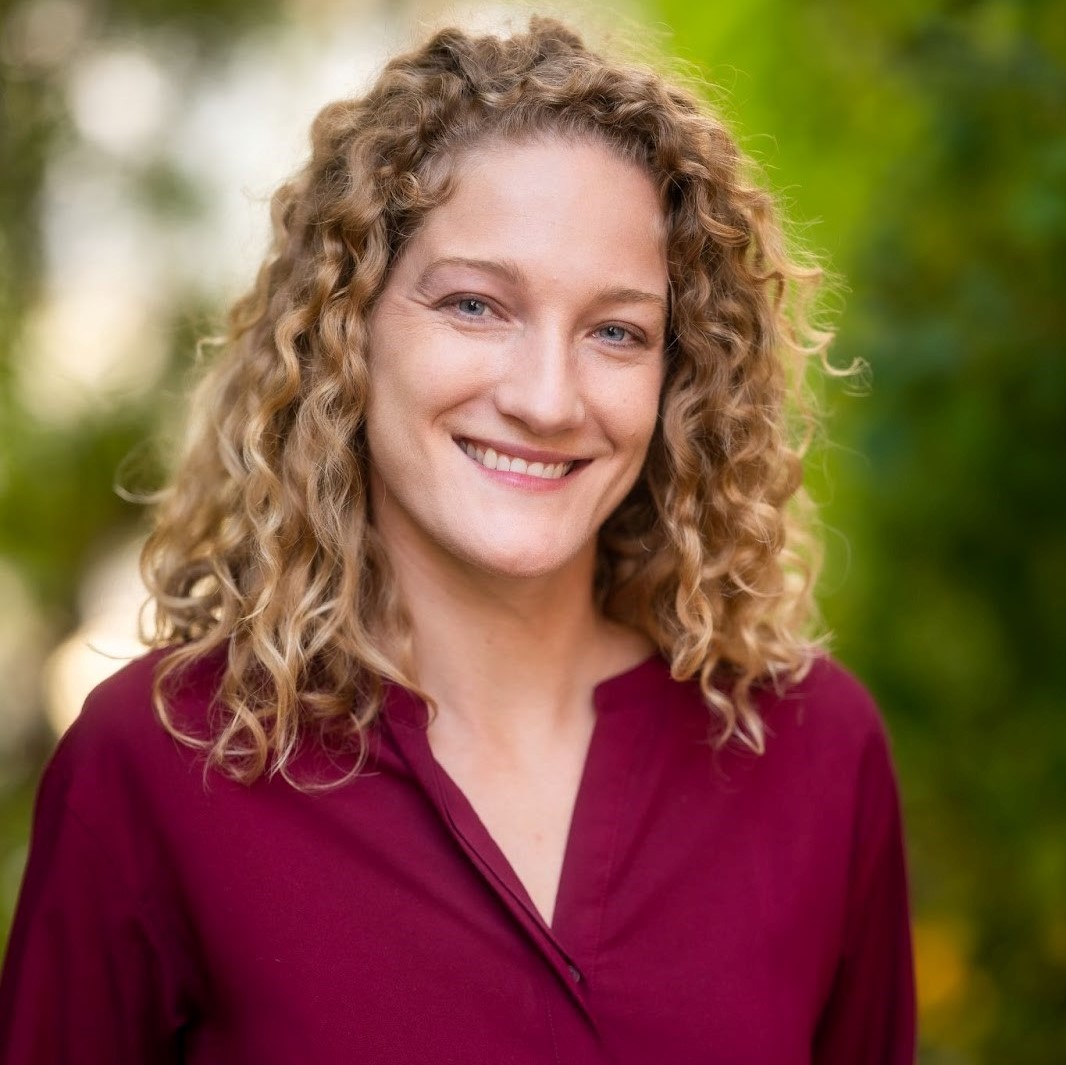
Hana C Long is a postdoctoral researcher in the Department of Civil, Construction, and Environmental Engineering at NC State University (NCSU). Her research uses mathematical optimization and statistical modeling to help communities make sustainable and resilient infrastructure decisions. Hana holds a PhD in Operations Research from NCSU. She previously worked as a project engineer in the Wastewater Research Group at the Los Angeles County Sanitation Districts, and with the Community Resilience Group at the National Institute of Standards and Technology. She holds a Masters in Civil Engineering (NCSU), and Bachelors degrees in Mathematics and Russian Language (Vanderbilt University).
Tongchuan Wei, Ph.D.
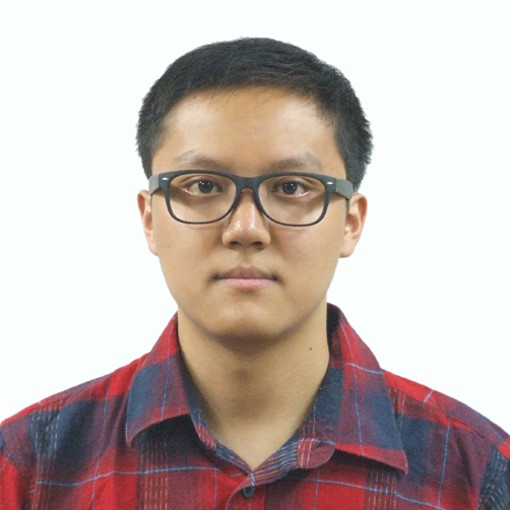
Dr. Tongchuan Wei is an assistant research professor in the Department of Civil, Construction, and Environmental Engineering at North Carolina State University. His research interests include measurement and modeling of energy use and air pollutant emissions of on-road and non-road vehicles, transportation related air quality impacts on environmental justice, air quality and associated environmental risk assessment, and engineering cost modeling. He has been actively engaged in various research projects, including the quantification of air pollutant emissions from North Carolina ferry vessels; assessment of environmental justice and historical transportation impacts in North Carolina; evaluation of techno-economical feasibility of decarbonization energy pathways for U.S. freight rail; quantification of the burden of disease attributable to ambient air pollution and climate change in the United Arab Emirates; and quantification of indoor air pollutant concentrations of volatile organic compounds due to vapor intrusion. He has published ten journal articles, seven conference papers, and four technical reports. He is also the course instructor for Civil Engineering (CE) 476/576 Air Pollution Control. He has a bachelor of engineering in environmental engineering from the University of Jinan, China, a master of engineering in environmental engineering from Illinois Institute of Technology, and Ph.D. in civil engineering from North Carolina State University.
Tongchuan Wei’s Publications
- Rastogi, N., Frey, H.C., and Wei, T., 2023. “Identifying Emissions Hotspots and Strategies to Reduce Real-World Fuel Use and Emissions for Passenger Rail: A Spatially Resolved Approach.” Science of The Total Environment, 896, 165110. https://doi.org/10.1016/j.scitotenv.2023.165110
- Ahn, K., Aredah, A., Rakha, H.A., Wei, T., and Frey, H.C., 2023. “Simple Diesel Train Fuel Consumption Model for Real-Time Train Applications.” Energies, 16, 3555. https://doi.org/10.3390/en16083555
- Yuan, W., Frey, H. C., and Wei, T., 2022. “Fuel Use and Emission Rates Reduction Potential for Light-Duty Gasoline Vehicle Eco-Driving.” Transportation Research Part D: Transport and Environment, 109, 103394. https://doi.org/10.1016/j.trd.2022.103394
- Wei, T., and Frey, H. C., 2022. “Intermodal Comparison of Tailpipe Emission Rates between Transit Buses and Private Vehicles for On-Road Passenger Transport.” Atmospheric Environment, 281, 119141. https://doi.org/10.1016/j.atmosenv.2022.119141
- Wei, T., and Frey, H. C., 2021. “Sensitivity of Light Duty Vehicle Tailpipe Emission Rates from Simplified Portable Emission Measurement Systems to Variation in Engine Volumetric Efficiency.” Journal of the Air & Waste Management Association, 71 (9), 1127-1147. https://doi.org/10.1080/10962247.2021.1923586
- Khan, T., Frey, H. C., Rastogi, N., and Wei, T., 2020. “Geospatial Variation of Real-World Tailpipe Emission Rates for Light-Duty Gasoline Vehicles.” Environmental Science & Technology, 54 (14), 8968–8979. https://doi.org/10.1021/acs.est.0c00489
- Wei, T., and Frey, H. C., 2020. “Evaluation of the Precision and Accuracy of Cycle-Average Light Duty Gasoline Vehicles Tailpipe Emission Rates Predicted by Modal Models.” Transportation Research Record, 2674 (7), 566–584. https://doi.org/10.1177/0361198120924006
- Wei, T., and Frey, H. C., 2020. “Factors Affecting Variability in Fossil-Fueled Transit Bus Emission Rates.” Atmospheric Environment, 233, 117613. https://doi.org/10.1016/j.atmosenv.2020.117613
- Yuan, W., Frey, H. C., Wei, T., Rastogi, N., VanderGriend, S., Miller, D., and Mattison, L., 2019. “Comparison of Real-World Vehicle Fuel Use and Tailpipe Emissions for Gasoline-Ethanol Fuel Blends.” Fuel, 249, 352–364. https://doi.org/10.1016/j.fuel.2019.03.115
- Wen, D., Zhai, W., Xiang, S., Hu, Z., Wei, T., and Noll, K. E., 2017. “Near-Roadway Monitoring of Vehicle Emissions as a Function of Mode of Operation for Light-Duty Vehicles.” Journal of the Air & Waste Management Association, 67 (11), 1229–1239. https://doi.org/10.1080/10962247.2017.1330713
Grace Kilroy
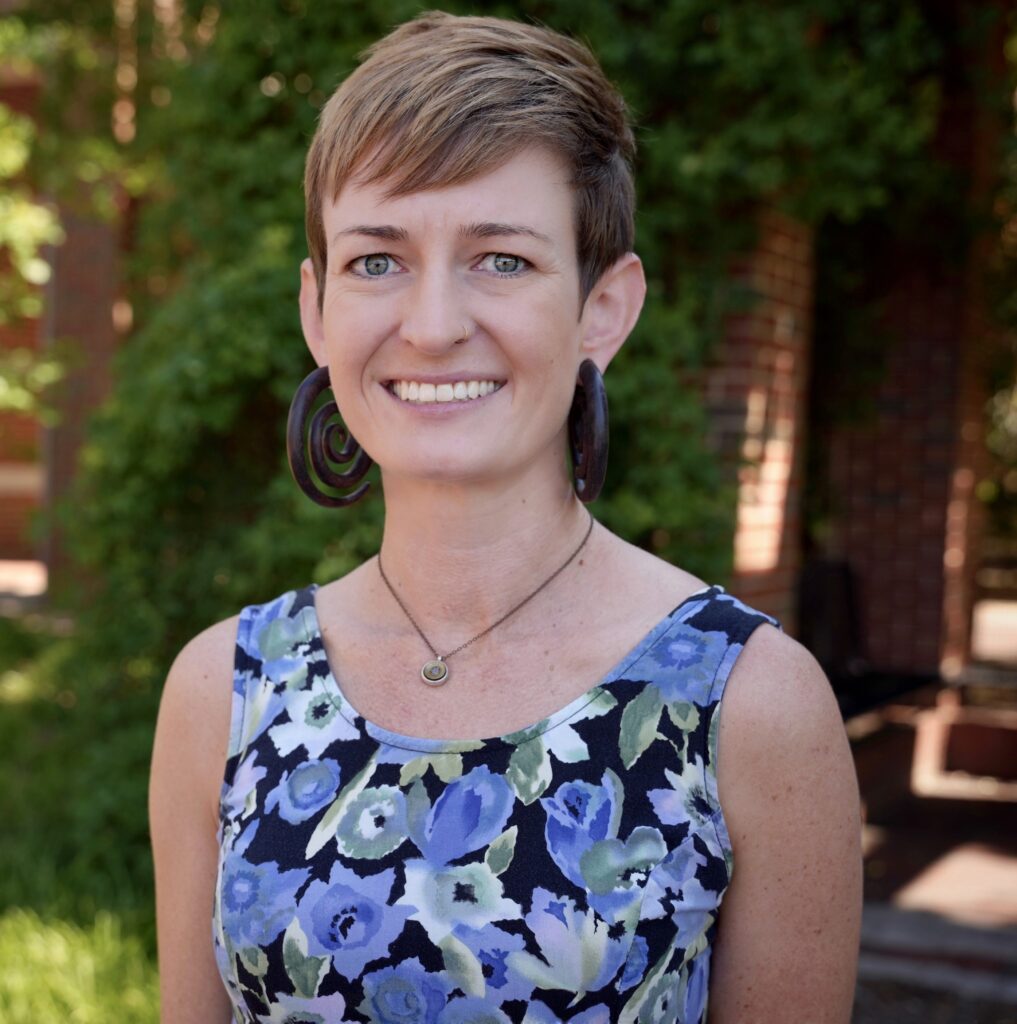
Grace Kilroy is the Research Operations Manager for the MacDonald Gibson research team. She received her bachelor’s in Animal Science and Undergraduate Certificate in Soil Science from NC State University. She has a varied background managing field and laboratory research with a focus on agricultural systems, animal waste management and soil nutrients. Outside of work, she enjoys kayak fishing, gardening, quality time with her dog, and is team captain in a local beach volleyball league.
Grace Kilroy’s Publications
- Kulesza, S. B., Leon, R. G., Sosinski, S. C., Kilroy, G. M., Meis, B., Castillo, M. S., & Wilson, M. L. (2024). Risk of weed seed and seedling emergence from poultry litter. Agrosystems, Geosciences & Environment, 7, e20479. https://doi.org/10.1002/agg2.20479
- Kulesza, Stephanie & Woodley, Alex & Heather, Kayleigh & Kilroy, Grace. (2022). Cover crops can increase ammonia volatilization and reduce the efficacy of urease inhibitors. Soil Science Society of America Journal. 86. https://doi.org/10.1002/saj2.20367
Timothy Leung
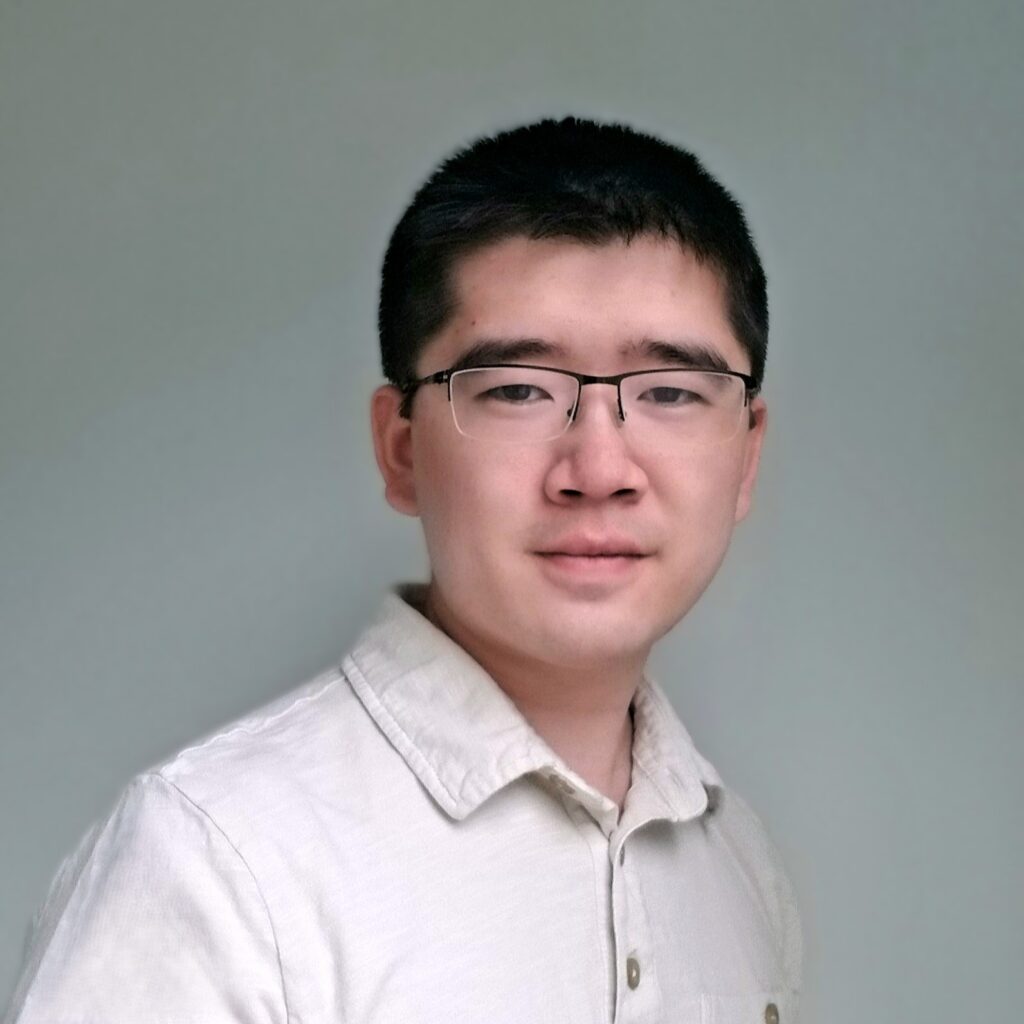
Timothy Leung is a doctoral student at North Carolina State University studying Environmental Engineering. He previously attended Northeastern University in Boston Massachusetts, obtaining a bachelor’s in health sciences and master’s in public health. His research focuses on water quality and accessibility, more specifically in lead exposures through drinking water. Through his studies, he aims to help bridge the gap between engineering technologies and public health to improve the availability of resources to families that are most harmed by their built and natural environments.
Liudmyla (Mila) Yutskevych
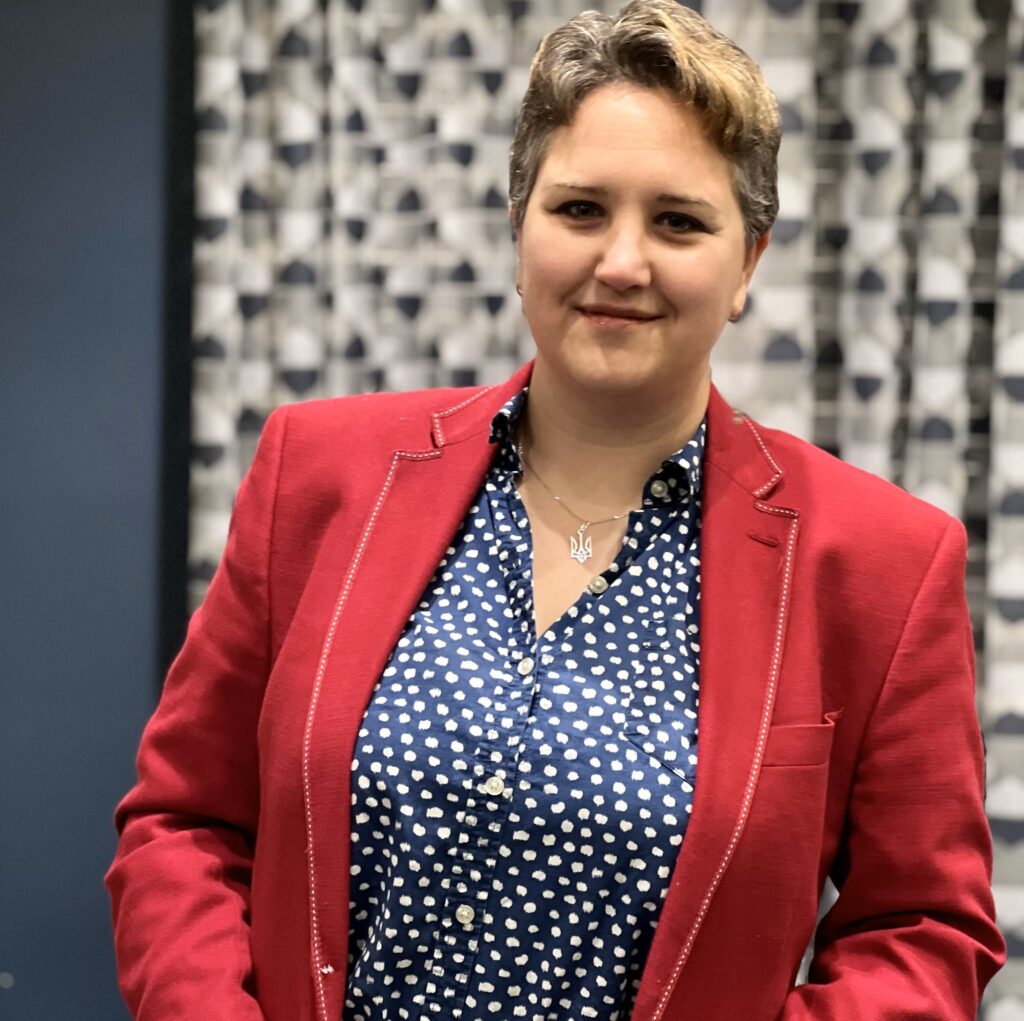
Liudmyla (Mila) Yutskevych is currently enrolled in the Master of Science in Environmental Engineering Program at North Carolina State University. She plans to continue in this department’s PhD program, beginning in Spring, 2025. Yutskevych is a Civil and Environmental Engineer with more than a decade of experience in engineering, sales, and academia, earned Bachelor’s and Master’s degrees in Civil Engineering with a specialization in HVAC (Heating, Ventilation, and Air Conditioning Engineering) from Kyiv National University of Construction and Architecture. She was awarded a Fulbright Scholarship to pursue further studies in Environmental Engineering in 2022, starting a Master’s program at Michigan Technological University and transferring to the North Carolina State University in 2023 to concentrate her studies on Air Quality. Apart from the Fulbright, she received the Edmund S. Muskie Professional Fellowship in 2023 and the Quadrille Ball Scholarship in 2024. Current research interests focus on air quality, with a special emphasis on the impacts of war actions in Ukraine on air quality, and connections between indoor air quality and human health. Yutskevych was born and grew up in the small town Smila in the Cherkasy region of Ukraine, and moved to Kyiv, Ukraine, in 2007, where she lived until 2022. She is a member of NC State’s International Student Advisory Council and founder and President of the Ukrainian Association at NC State. Besides school work, she volunteers for local Ukrainian and LGBTQ+ organizations, as well as sings in the Raleigh-based Ukrainian folklore choir SPIVOCHI.
Kaelan Moore
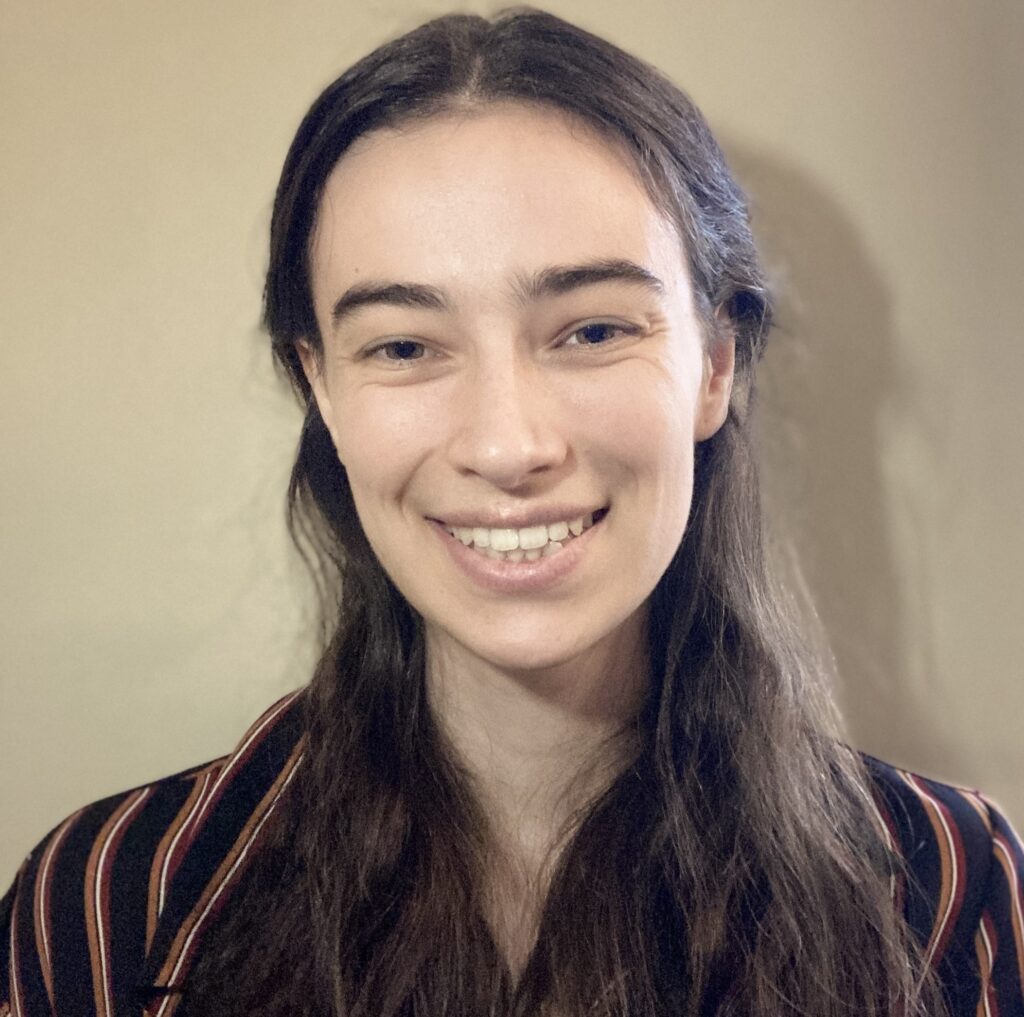
Kaelan is going into her final year as an undergraduate student majoring in biomedical engineering and psychology. She is currently working on a systematic literature review looking at Sick Building Syndrome and Indoor Air Quality, a manuscript on semi-structured interviews conducted in Robeson County to get community members thoughts and feelings surrounding their water quality and safety, optimizing a machine learning model to better predict where there are high levels of lead exposure, and is conducting a literature review on the ethics of using natural language processing in qualitative research. She has also worked as a UX Analyst for 2 years.
Krishna Mohan Ganta

Krishna is a PhD candidate under the guidance of Dr. Kumar Mahinthakumar, focusing on PFAS contamination in the Cape Fear River Watershed. His research integrates machine learning and physical modeling to understand and predict PFAS spread, with significant implications for public and private water sources. Krishna is involved in developing ML models for PFAS and lead exposure in North Carolina communities through the Gibson Group. He holds an undergraduate degree in Civil Engineering from NIT Trichy. His favorite academic tools are R and ArcGIS Pro. Outside of research, Krishna enjoys playing cricket, mini golf, and reading Indian mythology.
Rushabh Shah

Rushabh Shah is an MCS student passionate about Machine Learning, Large Language Models (LLMs), and Deep Learning, striving to push the boundaries of AI through research and practical applications.
Zoe Carter
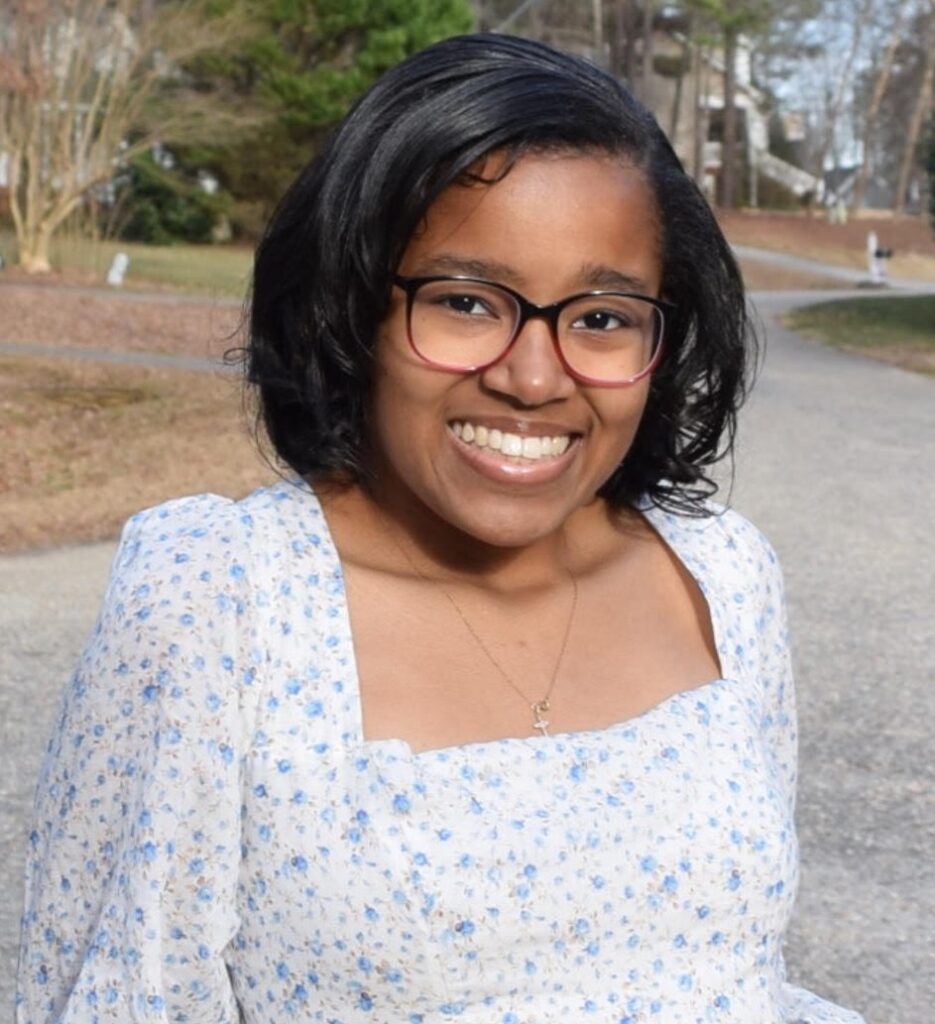
Zoe Carter is a 5th-year student at Wake STEM Early College High School, a dual-enrollment program between Wake County Public Schools and North Carolina State University. She is planning to major in Civil Engineering at NC State in 2025 and is interested in working in the water and infrastructure field. Zoe is currently a part of the Grand Challenge Scholars Program through her early college and is conducting collaborative research in education at the Game2Learn Lab at NC State University under Dr. Tiffany Barnes (Summer 2024).
Patrick Mays
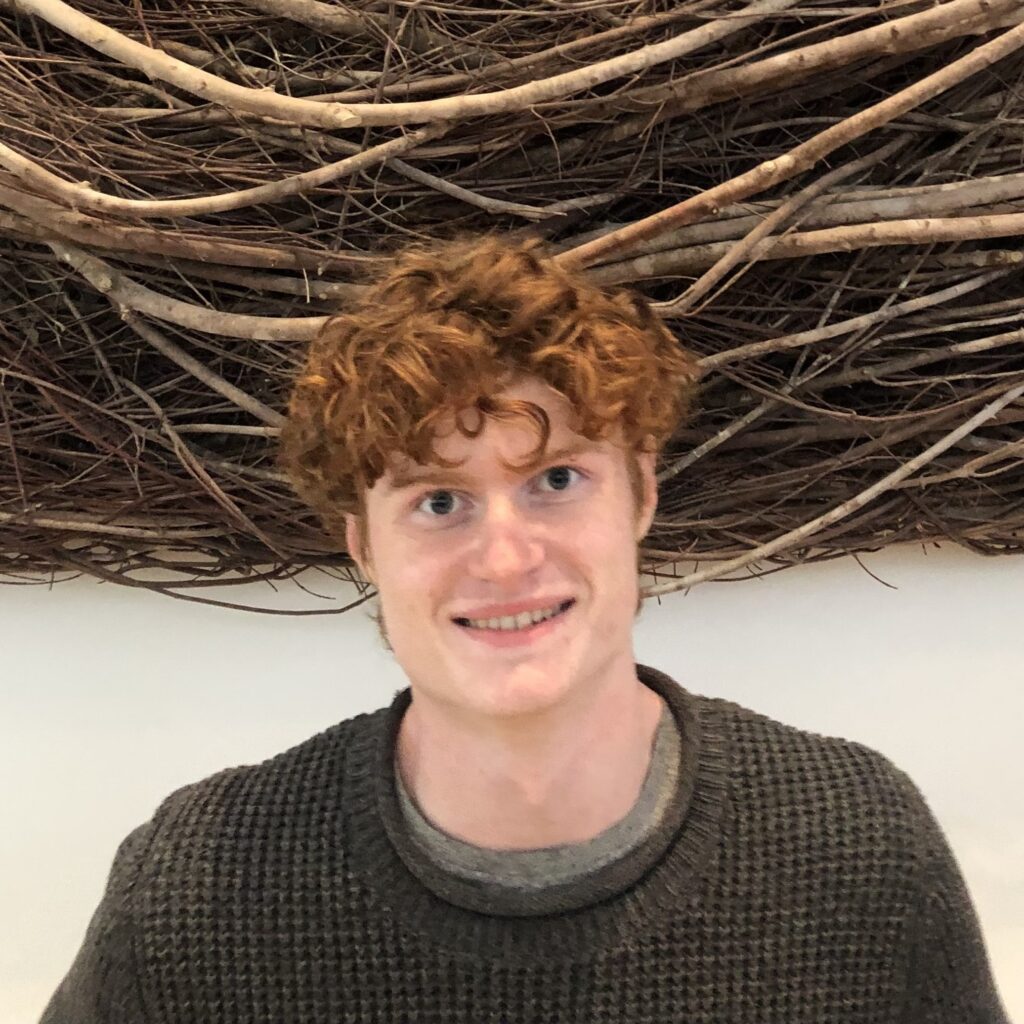
Patrick Mays is a Junior at NC State pursuing a BS in statistics. He is interested in using statistical and computational techniques to solve health and sustainability-related problems. In the past he has worked with the World Food Prize as part of their Global Youth Institute on food security and his town government on energy projects.
Past Team Members
Samrin Kusum, Ph.D.
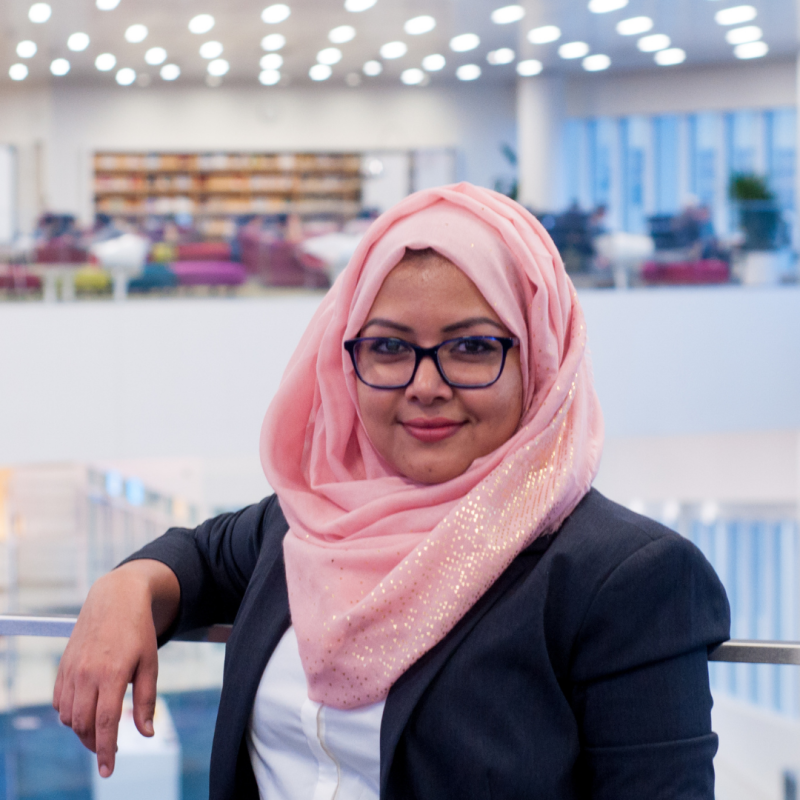
Dr. Samrin Ahmed Kusum is an accomplished Environmental Engineer with extensive experience that spans over a decade in academic research, project management, and engineering design. Currently, she holds the position of Postdoctoral Research Scholar at NCSU where her research delves into the significant interplay between climate change, air pollution, and public health. Dr. Kusum commenced her academic career with a Bachelor’s and Master’s degree in Civil Engineering from Bangladesh University of Engineering and Technology, and further advanced her expertise by obtaining a Ph.D. from North Carolina State University. Throughout her career, Dr. Kusum has been committed to enhancing environmental engineering practices, with a particular focus on water and wastewater treatment systems design and sustainability. One of her notable contributions to the field includes the development of a sustainable sewer construction material that effectively reduces fat, oil, and grease accumulation inside sewer collection system by over 50%, significantly improving sewer line efficiency and mitigating sewer overflows. This innovation not only marks a major advancement in infrastructure sustainability but also highlights her dedication to impactful research. Beyond research, Dr. Kusum has effectively managed numerous projects, leading them from inception to completion while ensuring adherence to strict timelines and objectives. In her role as an educator, Dr. Kusum has taught and mentored hundreds of students across various programs and courses, such as Hydraulics and Advanced Cement-Based Composites. Her educational contributions have been recognized with several accolades, including the Outstanding Teaching Assistant Award, underscoring her ability to engage and inspire the next generation of engineers. Dr. Kusum is continually seeking new challenges and opportunities to leverage her skills and knowledge to address some of the most pressing environmental issues of our time. Through her commitment to collaboration and innovation, she aims to make a lasting impact on the field of environmental engineering.
Samrin Kusum’s Publications
- Kusum, Samrin A., Mohammad Pour-Ghaz, and Joel J. Ducoste. “Reducing fat, oil, and
grease (FOG) deposits formation and adhesion on sewer collection system structures
through the use of fly ash replaced cement-based materials.” Water Research 186
(2020): 116304. - Kusum, Samrin Ahmed, Mohammad Pour-Ghaz, and Joel Ducoste. “Evaluating
Alternative Binder Materials for Sewer Collection System Concrete Structures to Reduce
Fat, Oil, and Grease Related Sanitary Sewer Overflows.” Proceedings of the Water
Environment Federation 2018, no. 3 (2018): 258-266. - ZaferSiddik, Md Abu, Abu Sufian Mohammad Asib, and Samrin Ahmed Kusum. “Spatial
distribution of the effect of temperature and rainfall on the production of boro rice in
Bangladesh.” Am. J. Remote Sens 1, no. 8895 (2013): 39.
Madison Book
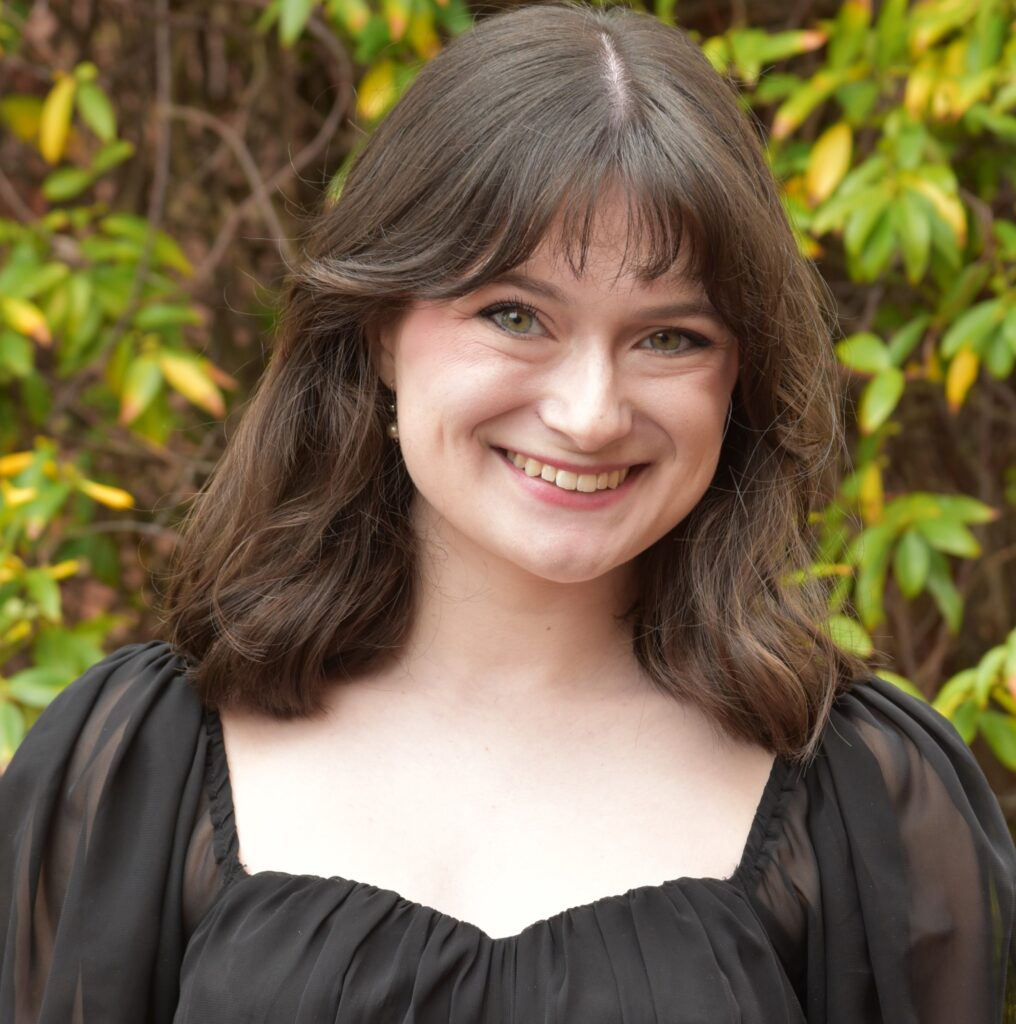
Madison Book is a senior at NC State studying computer science with a concentration in artificial intelligence. She is interested in the intersection of computer science and its relations in engineering, mathematics, and statistics.
Madison Book’s Publications
- Madison Book, Lina Battestilli, Sarah Khan, and Elaine Bohórquez. 2024. Investigating Academic Confidence, Workload Stress, and Performance in a BlendFlex Computer Science Course. In Proceedings of the 2024 on Innovation and Technology in Computer Science Education V. 1 (ITiCSE 2024). Association for Computing Machinery, New York, NY, USA, 583–589. https://doi.org/10.1145/3649217.3653606